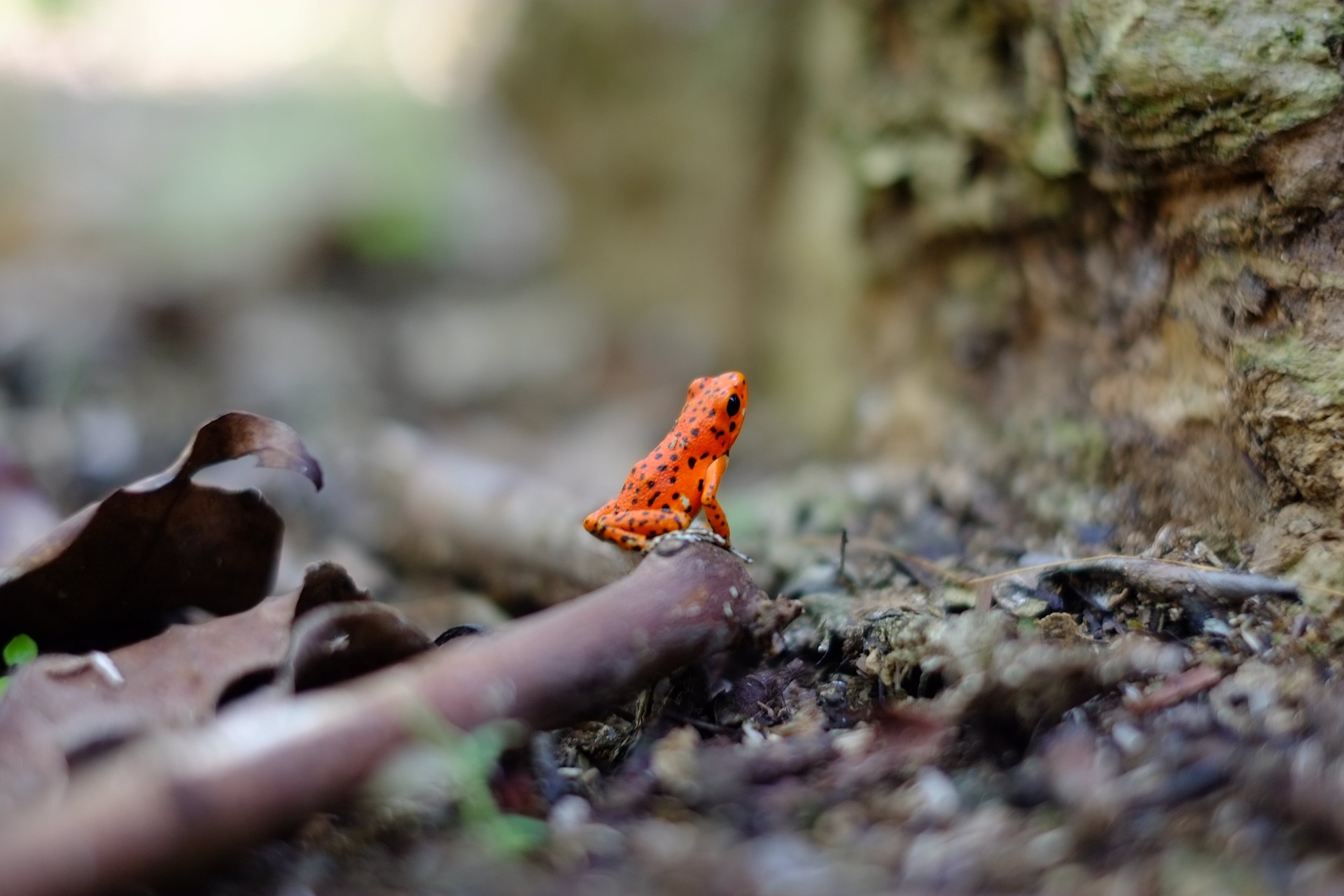Unveiling the Secret World of Dung Beetles: Unseen Soldiers of the Ecosystem
Introduction: Welcome to the fascinating world of dung beetles, nature's unsung heroes who play an indispensable role in our ecosystems. Their remarkable life strategies and ecological contributions often go unnoticed, yet their impact is significant. This article will delve into their intriguing existence, their vital role in the circle of life, and the latest research on these tiny powerhouses.
Dung Beetles: Nature’s Ecological Engineers
Dung beetles are part of the scarab beetle family and are found worldwide. They’ve been around for at least 30 million years, with fossil records dating back to the Eocene epoch. These beetles have a unique lifestyle: they feed on the feces of other animals, using it for nourishment and as a nesting site for their larvae. Their peculiar dietary habits make them essential nature’s janitors, cleaning up the environment and recycling nutrients.
The Circle of Life: How Dung Beetles Aid the Ecosystem
Dung beetles play an integral role in the ecosystem by breaking down waste, improving soil quality, and aiding in nutrient cycling. By burying and consuming dung, they not only remove waste that could potentially spread disease but also enrich the soil with nutrients, enhancing plant growth. This, in turn, supports herbivores and the predators that prey on them, thereby maintaining the balance of the ecosystem.
The Intricate World of Dung Beetle Navigation
One of the most fascinating aspects of dung beetles is their navigation skills. They are known to use celestial bodies for orientation, particularly the Milky Way. This remarkable ability, confirmed by a 2013 study, makes them the only known non-human animal to navigate using the galaxy. This discovery has opened up new avenues of research, potentially offering insights into more efficient navigation systems.
Dung Beetles in the Market: The Economic Impact
While it may seem unlikely, dung beetles have a significant economic impact. Farmers and ranchers worldwide appreciate their role in improving soil fertility and reducing the presence of pests and parasites in livestock waste. While there is no direct market for dung beetles, their environmental services are estimated to be worth billions of dollars annually.
The Future for Dung Beetles: Risks and Conservation Efforts
Like many species, dung beetles face threats from habitat destruction and climate change. Recent studies suggest that rising temperatures could disrupt their ability to navigate and reproduce, posing significant risks to their survival. However, conservation efforts are underway to understand and mitigate these threats, underscoring the importance of these tiny creatures in our ecosystems.
Dung beetles, small though they may be, make a considerable ecological and economic contribution. Their unique lifestyle and navigation skills are not only fascinating but also crucial to maintaining the health and balance of our ecosystems. As research continues to shed light on these unsung heroes, we come to appreciate their role and the importance of their conservation. This serves as a reminder of the interconnectedness of life and the importance of every creature, no matter how small or seemingly insignificant.





